Korean Words We Don’t Need Subtitles For
- byT.Sapphire 💙
- 5 months ago
- 0 Comments
- 3mins
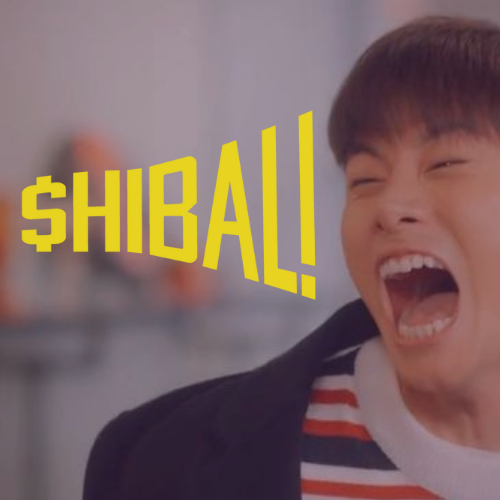
Every K-Drama fan has realized at some point in their fandom that they don't even need subtitles for some words anymore. You know it; I know it; we all know it. At this point, we're basically low-key bilingual without Duolingo's passive-aggressive bird stressing our lives.
Let's discuss the iconic Korean words that we need no cues for. Subtitles or not, our brains already have them saved as contacts.
Oppa (오빠)
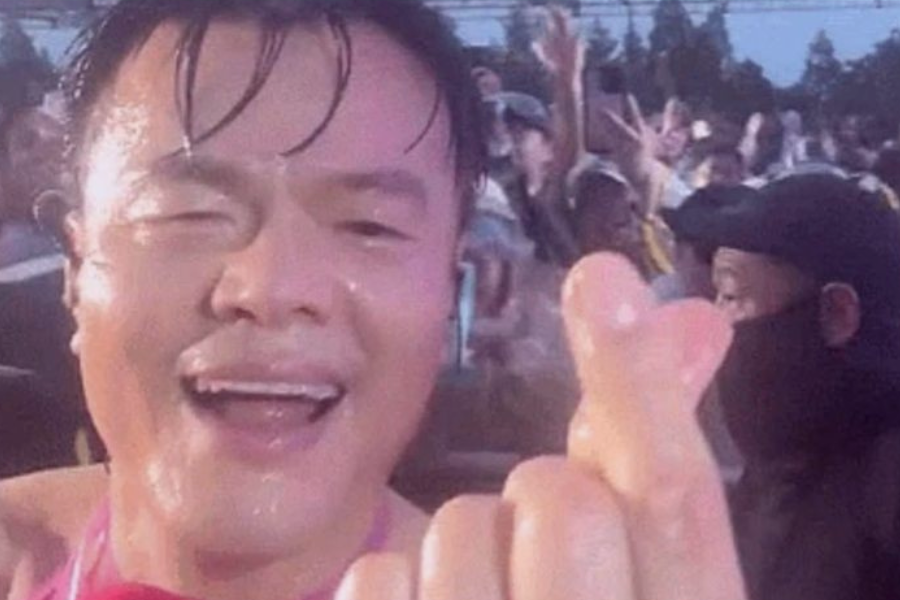
If you've watched at least two dramas in your life, you know what "oppa" is. It's the holy word with a hundred meanings depending on who says it. To your brother? Normal.
To your boyfriend? Adorable. Honestly, "oppa" could literally mean "pass me the remote," and we would still fangirl if Park Min Young were the one saying it.
Aigoo (아이고)
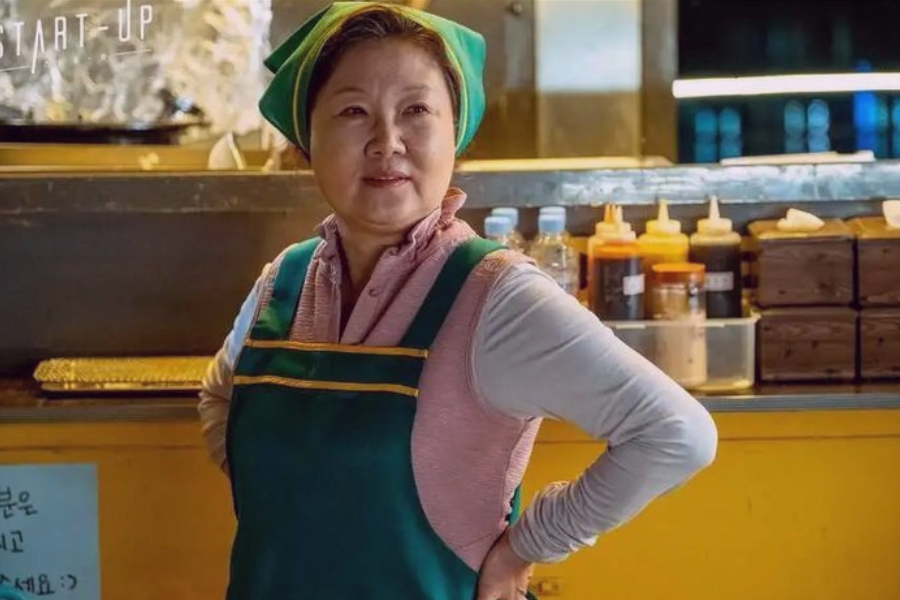
No subtitle needed for this, because the moment it drops, you automatically feel the auntie's attitude flowing through your veins. Aigoo is like the Korean version of "chai" or "ah ah." It’s the universal sound of frustration, shock, or when you are just done dealing with everyone's stupidity.
Daebak (대박)
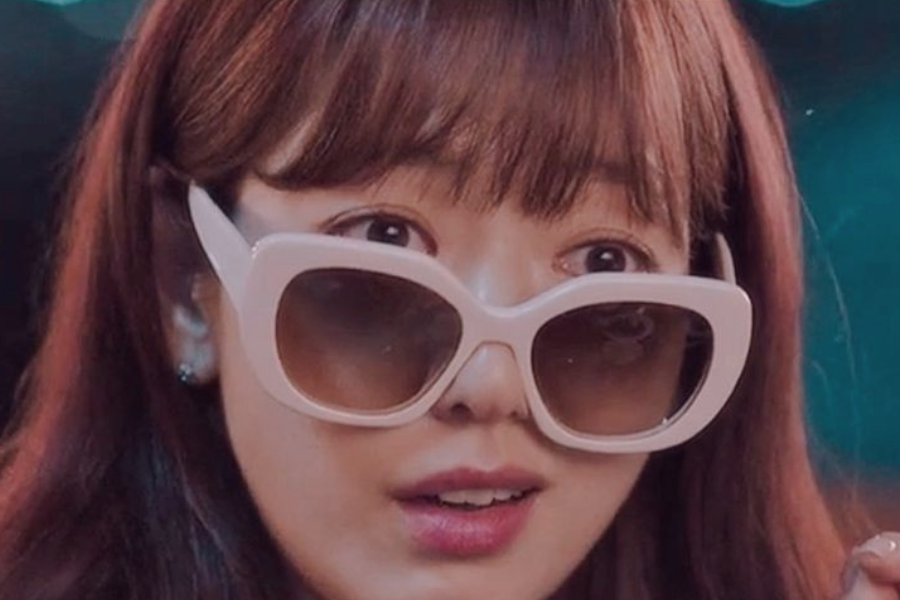
Although Daebak means 'Big Win' in English, our own meaning is "Whoa, that's crazy!" As soon as you hear "daebak," you know one big thing is happening. The Nigerian translation would be "mad ooo." Daebak is basically the sound your best friend makes while hyping you, after you say you're talking to someone new.
Annyeong (안녕)
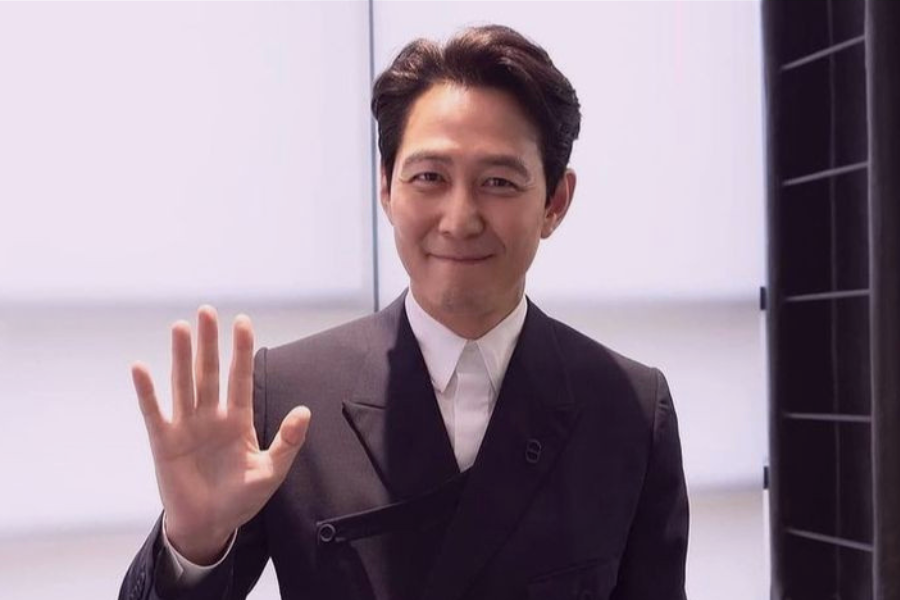
Annyeong is like a conjoined twin; it means both "hi" and "bye." Whether it's a cheerful greeting or a tragic goodbye, annyeong has range. At this point, even your mom (who has never watched a K-Drama) has probably heard you say it around the house.
Jinjja (진짜)
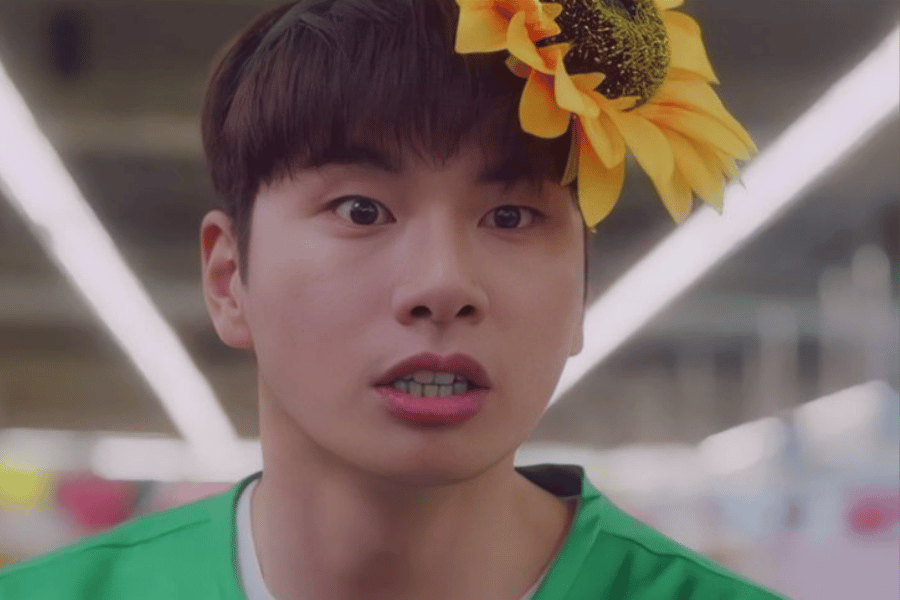
The sass in this world is unrivalled. The translation is "really," but we know it is way deeper than that. It can mean disbelief, it can mean side-eye, and it can even mean that "are you seriously doing this right now?" energy. More like how you will use an “I don’t understand” to reset someone’s brain in Nigeria. Jinjja is the verbal version of folding your arms and raising one eyebrow.
Saranghae (사랑해)
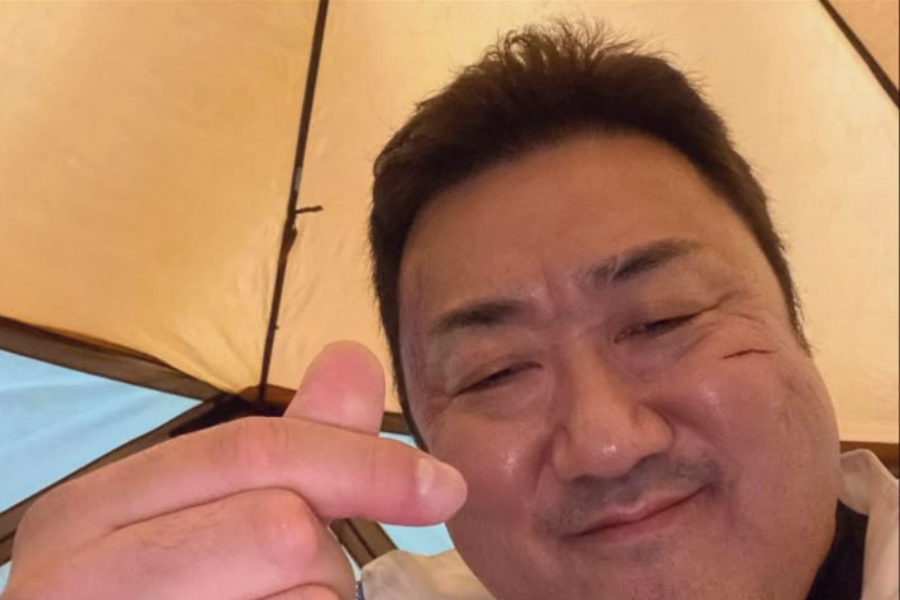
The word that every K-Drama has made you wait 14 episodes to hear. By the time the male lead leans over and whispers in your face the three words "saranghae," you know they have zero chance of getting away from you. There’s no point hiding. You’ve definitely used a “Saranghae” on your imaginary lover at some point.
Yah! (야!)
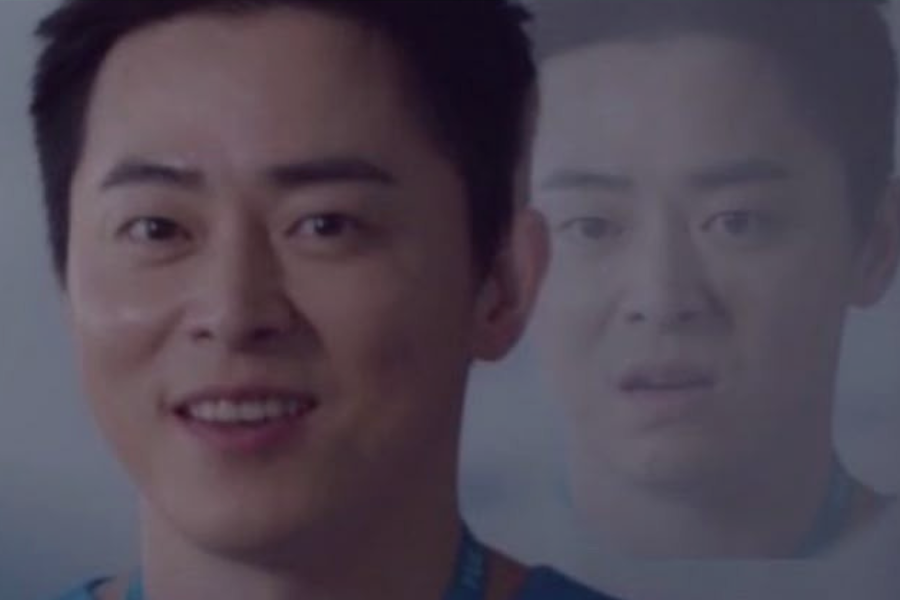
No dictionary necessary. Yah, is that call-out when someone is acting out of line. Yah is your mom catching you stealing meat from the pot? Yah is every noona calling out her dongsaeng? Yah is short, sharp, and powerful.
Michyeosso?! (미쳤어?!)
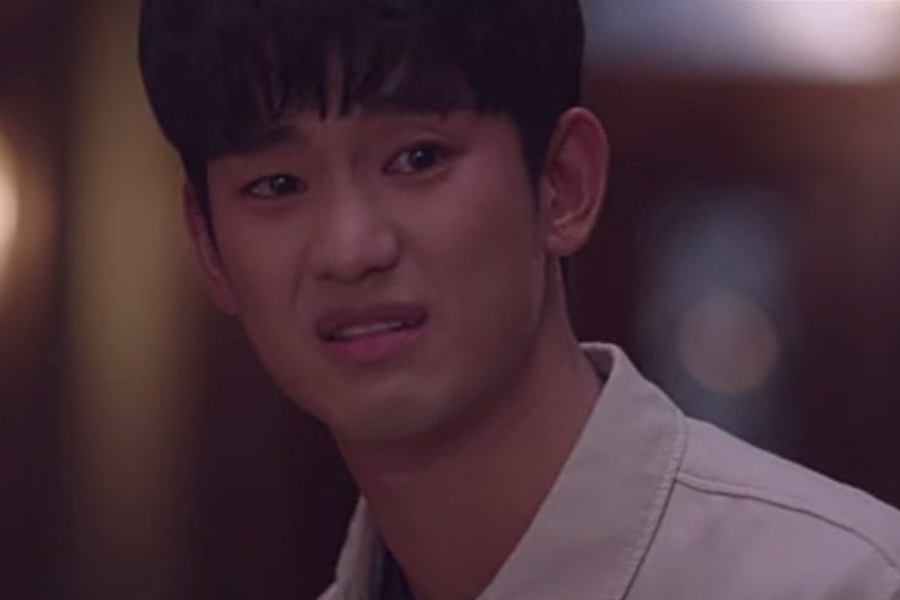
This one is a classic. K-Drama characters say it when someone does something ridiculous, reckless, or just plain dumb. We all get it immediately because we say, “Are you mad?” in the same exact way. We don’t need subtitles, just pure vibes and tone.
K-dramas have not only given us stories but also vocabulary, and these words now live rent-free in our heads.
So, are we gonna start putting "Basic Korean Proficiency (via K-Drama)" on our CVs?
T.Sapphire 💙
T. sapphire is a writer who found her love for the Hallyu wave after watching the historical drama “Jumong.” She is mainly interested in Korean dramas and the history of Korea at large. Explore her pieces as she takes you on a journey through K-Drama recommendations and keeps you informed about the history of the Korean people.
0 Comment(s)
Related Posts
Daily Newsletter
Get all the top stories from Blogs to keep track.
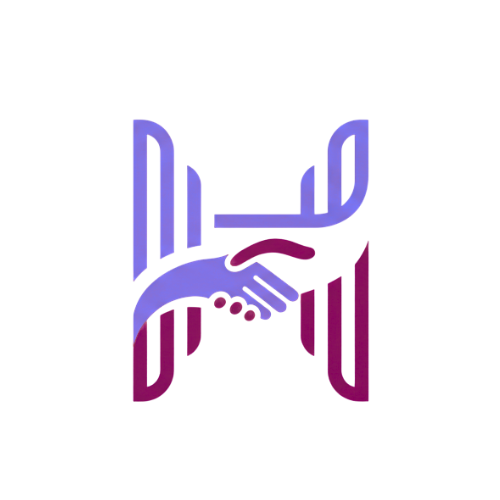
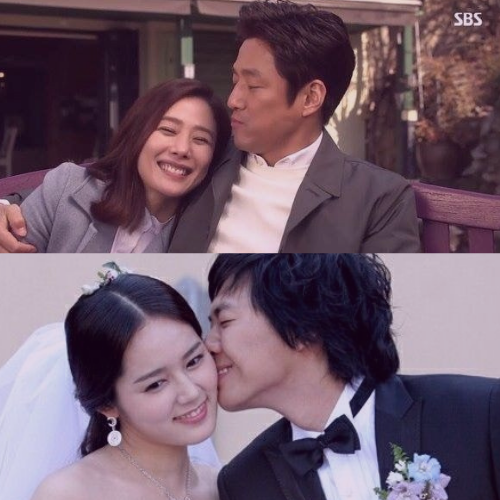
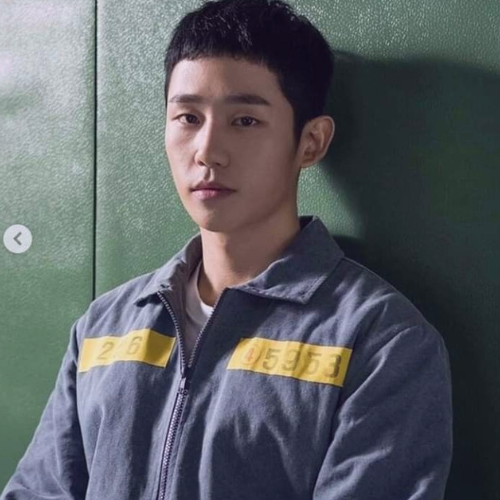


Leave a comment